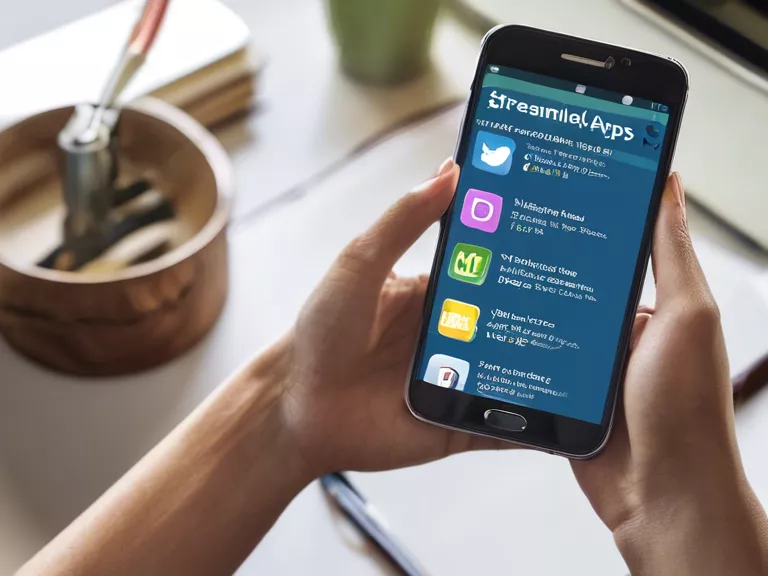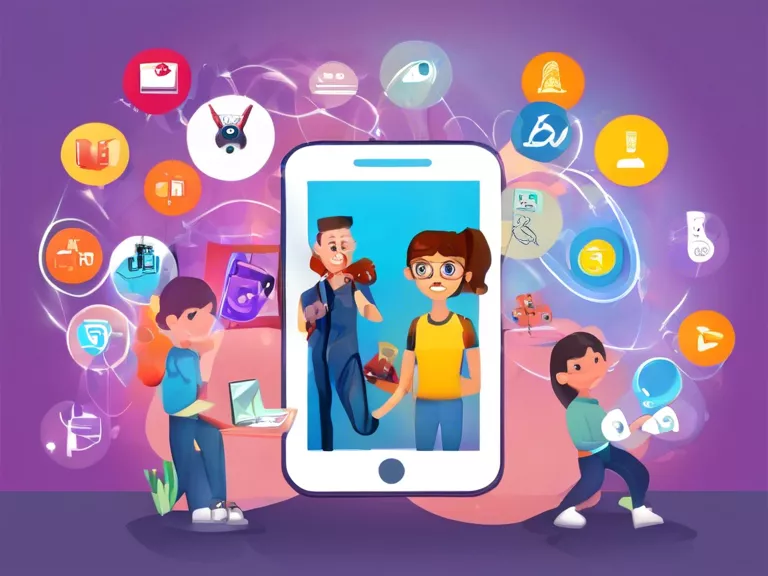
The rise of mobile apps has redefined the way university students engage with remote learning. With the convenience of accessing resources anytime, anywhere, these apps have transformed the educational landscape. From organizing study materials to collaborating with peers, mobile apps have become essential tools for students pursuing higher education remotely.
One of the key benefits of mobile apps in remote learning is the flexibility they offer. Students can now access lectures, readings, and assignments on their smartphones or tablets, enabling them to study at their own pace and in their own time. This flexibility allows students to balance their academic responsibilities with other commitments, making it easier for them to succeed in their courses.
Another advantage of mobile apps in remote learning is the ability to stay organized. With apps that allow students to create to-do lists, set reminders, and track their progress, staying on top of assignments and deadlines has never been easier. These apps also provide a platform for students to collaborate with their peers, facilitating group projects and study sessions even when they are miles apart.
Furthermore, mobile apps enhance the learning experience through interactive features. Many apps offer quizzes, flashcards, and other interactive tools that make studying more engaging and effective. These interactive elements help students grasp concepts more easily and retain information better, leading to improved academic performance.
In conclusion, mobile apps have revolutionized remote learning for university students. By providing flexibility, organization, collaboration, and interactive features, these apps are empowering students to take control of their education and achieve their academic goals. As technology continues to evolve, the role of mobile apps in education will only continue to grow, transforming the way students learn and engage with their coursework.



